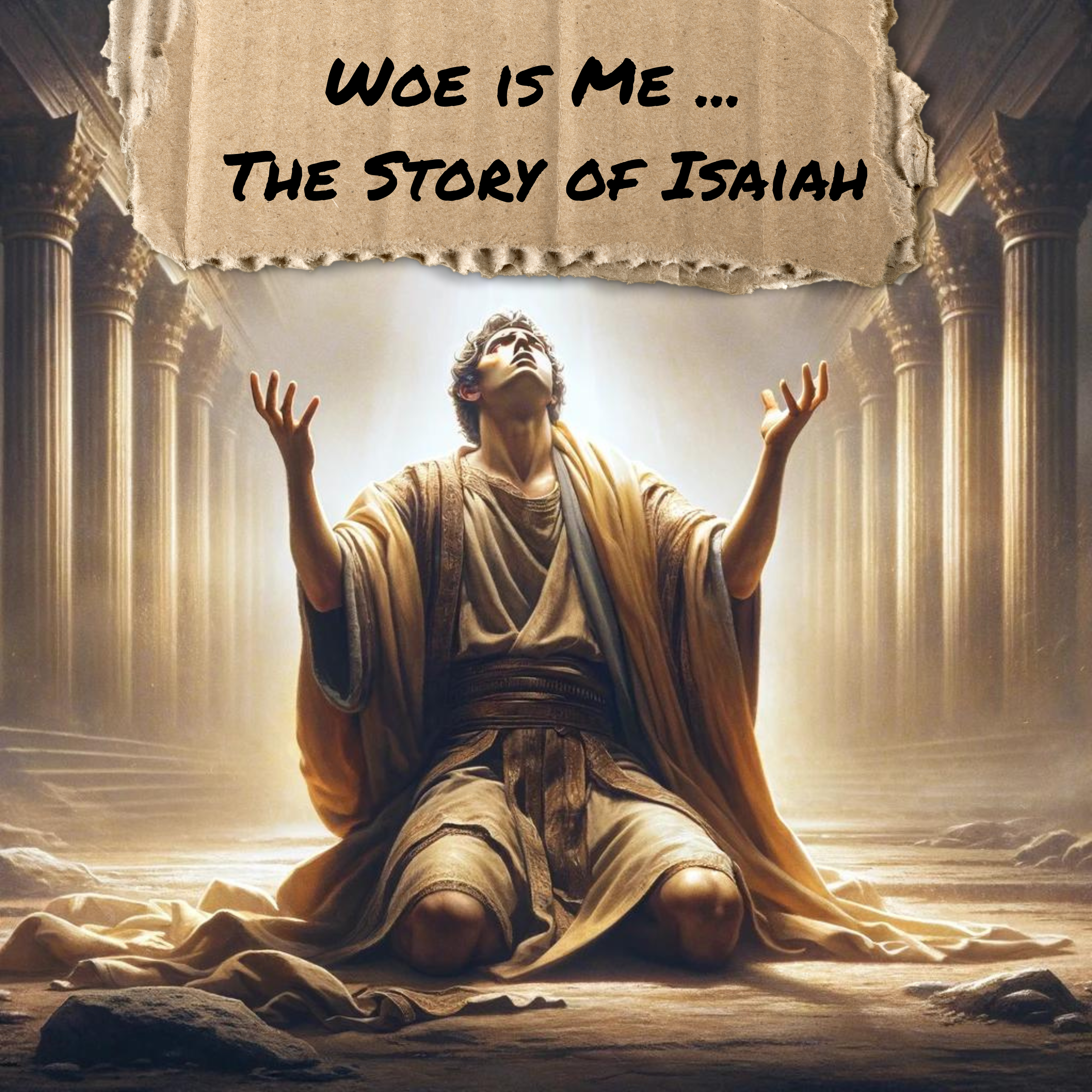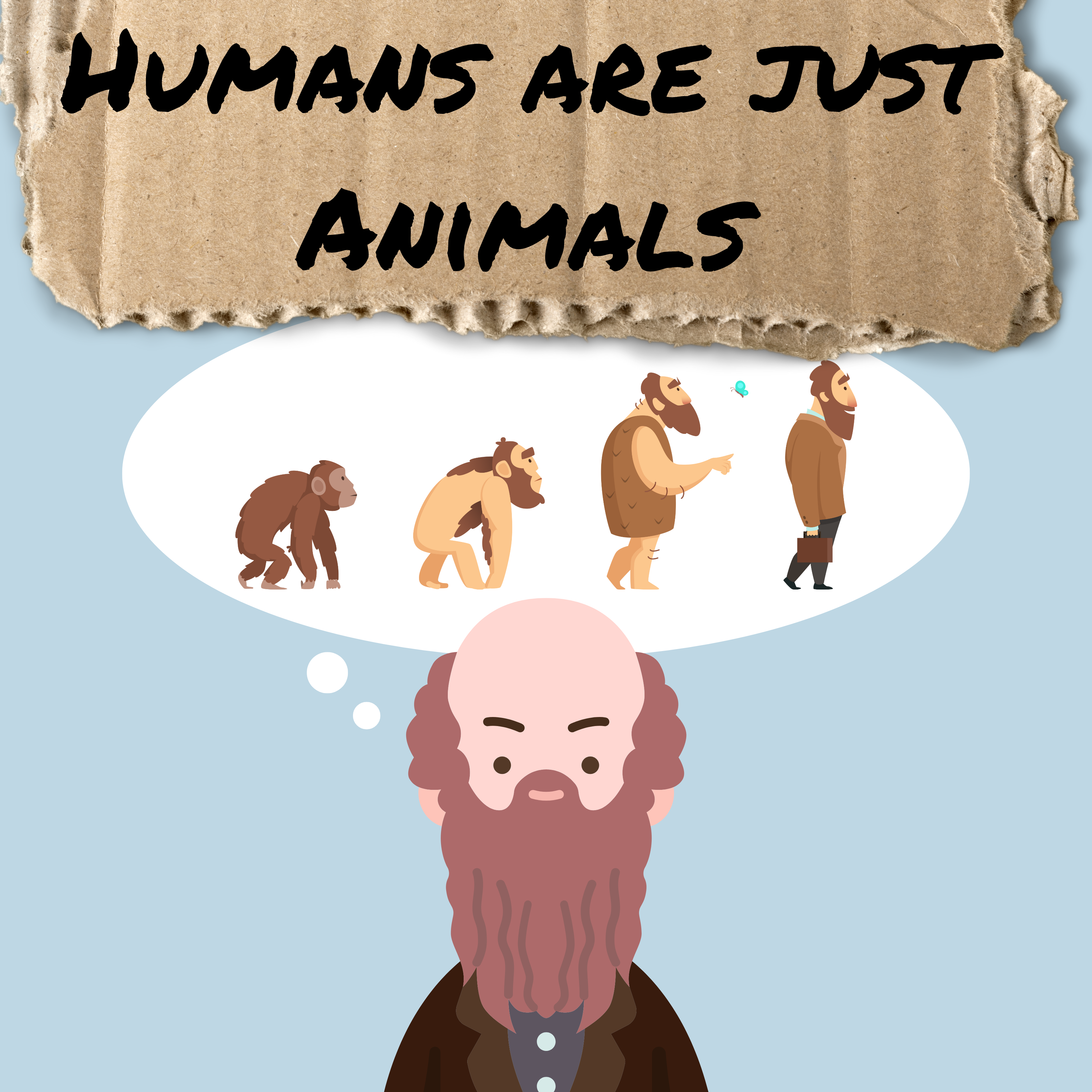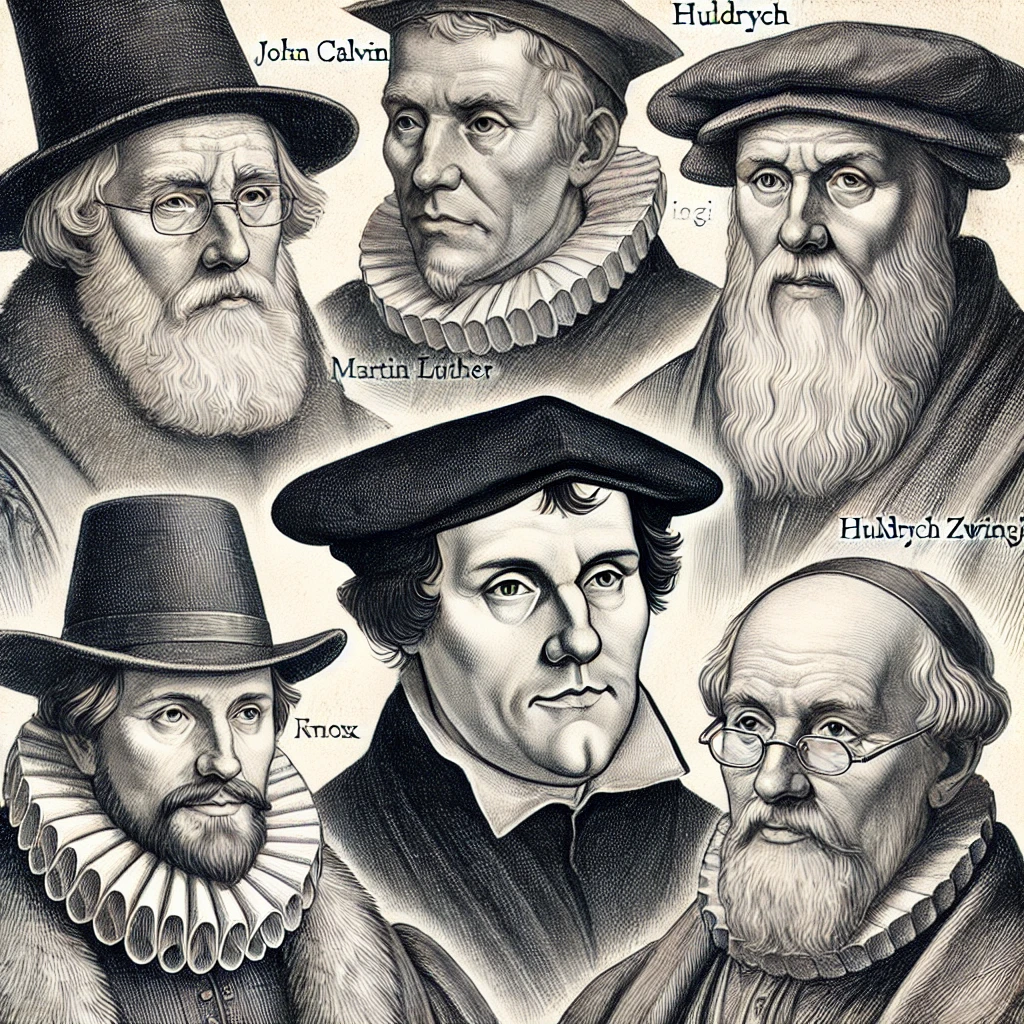The Name Yeshua: Understanding the Translation to Jesus
Names hold significant meaning and importance in many cultures and religious traditions. In Christianity, the name “Jesus” is revered and honored as the name of the Savior. However, the original name of Jesus in Hebrew is “Yeshua.” This article explores the translation of the name Yeshua to Jesus, delving into the historical, linguistic, and theological aspects of this transformation. By examining Scripture, historical sources, and linguistic studies, we aim to provide a comprehensive understanding of how Yeshua became Jesus and the implications of this translation.
Read more






